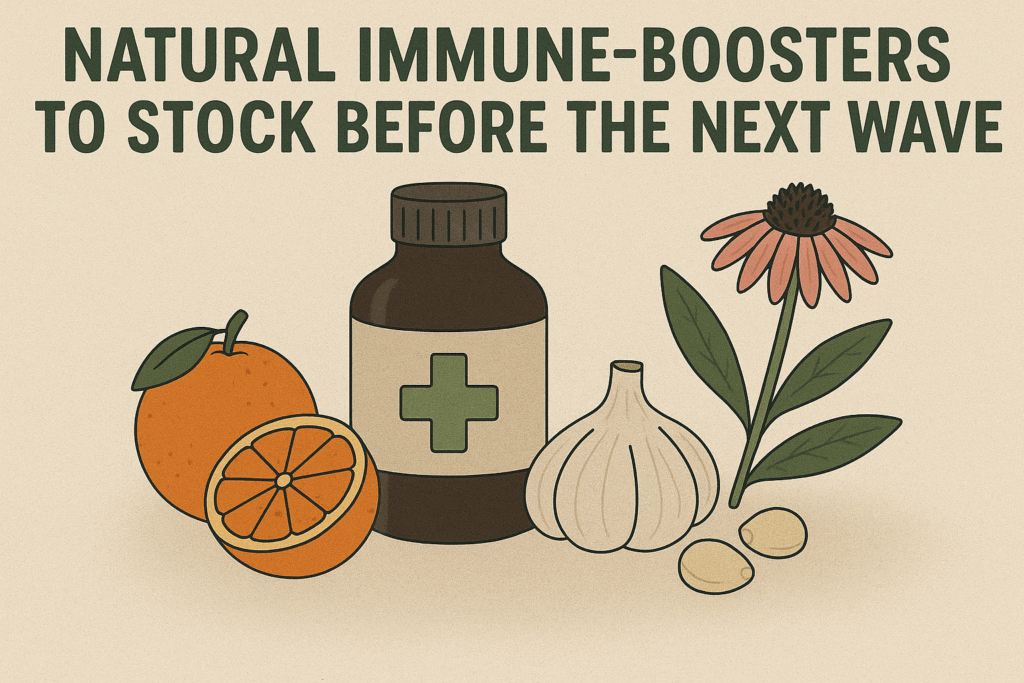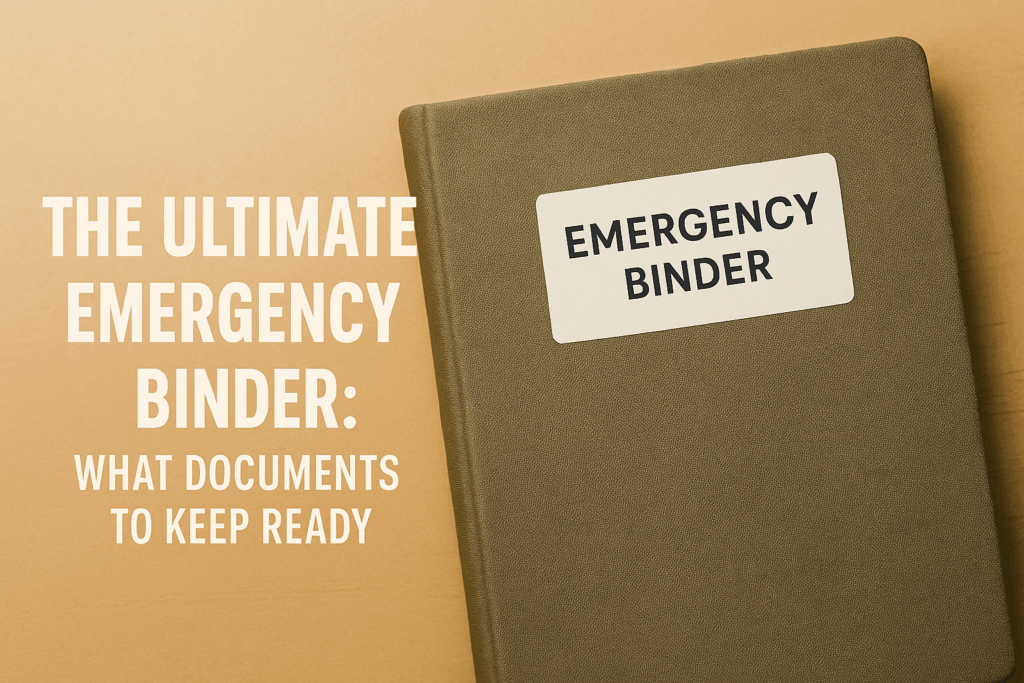When you live with a chronic illness, preparing for emergencies takes on a whole new layer of urgency. It’s not just about having enough food or batteries—it’s about protecting your health, which is already under strain. Whether you’re managing diabetes, asthma, autoimmune disorders, or any other long-term condition, you need a prep plan that’s both practical and compassionate. The truth is, prepping with chronic illness doesn’t mean doing more than others—it means doing it smarter. You know your body best, and that knowledge is your greatest asset in a crisis. Let’s walk through some clear steps to help you prepare with confidence.
Know Your Medical Essentials—and Stock Up
Start with what keeps you functioning day to day. This might include prescription medications, medical devices like inhalers or glucose monitors, or over-the-counter supplements. Aim to have at least a 30-day supply of critical items, though 90 days is even better if your doctor or insurance allows. Don’t forget backups—extra batteries, test strips, or chargers. Prepping with chronic illness means preparing for delays in access, whether due to weather, supply chain issues, or power outages. Talk to your healthcare provider about emergency plans, including how to store medications that require refrigeration during power loss.
Build a Health-Focused Go Bag
Most preppers know about bug-out bags, but if you’re dealing with a chronic illness, yours will look a little different. Alongside the usual items—water, food, flashlight—you’ll want to pack extra doses of medication, copies of medical records, a list of allergies, and contact info for your doctors and pharmacy. Include comfort items that make your condition more manageable, such as compression wraps, heating pads, or mobility aids. Label everything clearly. If you’re ever in a shelter or hospital during an emergency, this bag can be your lifeline when systems are overwhelmed or understaffed.
Don’t Forget Mental Health and Energy Management
Living with a chronic illness often means living with fatigue or anxiety—and crisis situations amplify both. Prepping with chronic illness should include emotional preparedness and strategies to manage your energy. Include calming tools in your kit like essential oils, stress-relief apps (pre-downloaded), or even a small journal. Create a realistic action plan: not everything has to be done in one day. Break tasks into manageable steps and rest when you need to. Your health isn’t a weakness—it’s a barometer. Listen to it. Being emotionally and physically regulated can be a survival skill all on its own.
Create a Communication and Support Network
No one should prep alone, especially when managing a health condition. Identify at least one or two trusted people who know about your illness and can check in during emergencies. This could be a neighbor, friend, or family member. Share a copy of your medication list and emergency contacts. Consider medical ID bracelets or smartphone emergency settings. If you’re prepping with chronic illness, reliable communication becomes crucial. Set reminders to recharge phones or radios, and keep a written copy of emergency numbers in case tech fails. Building community may be the most underrated prep tool you have.
Prepare Your Environment for Accessibility
A crisis often disrupts daily routines, so it’s essential to prep your living space with mobility and safety in mind. If power goes out and you rely on an electric bed, chair, or nebulizer, make sure you have manual alternatives or a backup power source like a portable generator. Keep walkways clear to avoid tripping hazards, and place essentials within easy reach. Store a flashlight by your bed and label drawers if brain fog is part of your condition. Prepping with chronic illness means designing your home for function under stress—not just in ideal conditions.




